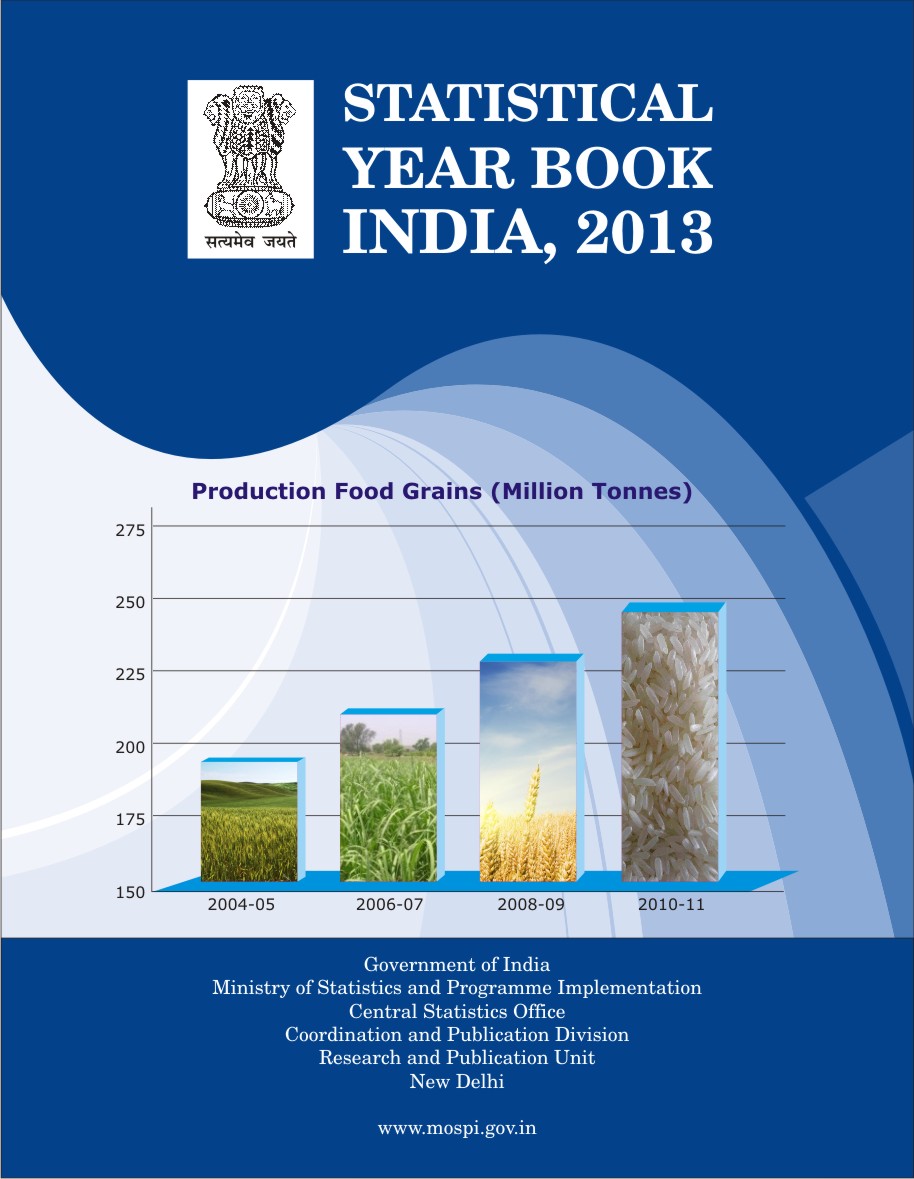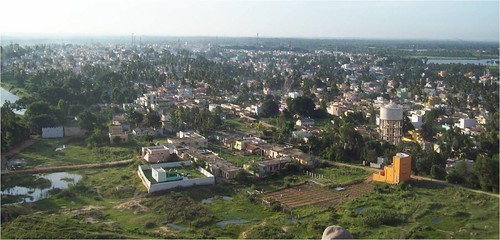/topics/contamination-pollution-and-quality
Contamination, Pollution and Quality
Water, sanitation and health situation in select villages of Nadia district, West Bengal
Posted on 13 Jan, 2013 03:45 PMGuest post: Veena Khanduri, India Water Partnership
The Gangetic river basin in Eastern India receives heavy monsoon rainfall, much higher than the rest of India. Nonetheless, the region suffers from both the problem of year round water availability as well as poor quality of drinking water. Due to excessive exploitation, the groundwater aquifers in the region have been depleting alarmingly, surface water is highly limited & poorly maintained and consequently cannot count up as a major source of safe drinking water.
Drought mitigation measures through climate adaptation for securing agricultural livelihoods in Uttar Pradesh
Posted on 13 Jan, 2013 02:43 PMProlonged and recurrent drought, being experienced in India and various parts of south Asia, is the manifestation of climate change, partly caused by human interventions. Drought has been one of the primary reasons for widespread poverty and environmental degradation including deteriorating water quality and water security. The world has been more drought-prone during the past 25 years and the vulnerability of tropical countries to drought is likely to increase (Inter-governmental Panel on Climate Change, 2007).
Process of formation of Jajmau Area Water Partnership in Kanpur, Uttar Pradesh – Problems and solutions
Posted on 13 Jan, 2013 12:01 PMIndustrial effluents and sewage water are being diverted to the river Ganga by the cities and towns through which it passes. Nestled on the banks of Ganga, Kanpur, a highly urbanized and industrial city is polluting it most. Apart from the Government of India’s recently constituted National Ganga River Basin Authority, civil societies and NGOs too are putting rigorous efforts to make Ganga pollution free. Though the city has several big and small industries, the leather industries located in Jajmau, the oldest part of the city add to the problem of pollution in the river to a large extent.
Toolkit for solid waste management by Ministry of Urban Development
Posted on 10 Jan, 2013 03:28 PMThis document by Ministry of Urban Development is a toolkit for solid waste management, which is developed under the Jawaharlal Nehru National Urban Renewal Mission. It is prepared with a motive to provide comprehensive knowledge on solid waste management for municipal managers when they implement projects.
Effect of drinking arsenic-contaminated water in children- Article in Indian Journal of Public Health
Posted on 09 Jan, 2013 10:44 PMThis paper in Indian Journal of Public Health sheds light on the specific impact of arsenic on health of children based on the review of literature on the subject. The effects of chronic arsenic toxicity under the following aspects:
- Psychological
- Skin abnormalities
- Lung diseases
- Defect in intellectual function
- Genetic issues
Statistical year book India 2013- A compilation of data sets by Ministry of Statistics and Programme Implementation
Posted on 05 Jan, 2013 07:19 PM

Impact of pit-toilet leachate on groundwater chemistry and role of vadose zone in removal of nitrate and E. coli pollutants in Kolar District, Karnataka, India
Posted on 04 Jan, 2013 02:00 PMGiven the many problems associated with flush toilets and the sewerage system, pit toilets offer a viable solution in India. However, the use of soakpits raises the question of groundwater contamination. This paper assesses the impact of pit toilet leachate on groundwater quality in Mulbagal town (pop ~ 60,000) in Karnataka relies on pit toilets, and uses groundwater for drinking.
Water monitoring challenge in Yamuna basin- Educating communites along the river about the importance of water testing & quality
Posted on 03 Jan, 2013 11:01 PMWater, water everywhere, not a drop to drink! How truly these lines depict the picture of present scenario. There are lots of organizations, people and experts involved in the discussions and making efforts at international level to have safe, sustainable drinking water for all. Yet the efforts are not enough…
"Ministry of Environment & Forests held responsible for high levels of pollution in major Indian rivers" - The Resource and Information Network for the Coasts' January 2013 newsletter
Posted on 01 Jan, 2013 10:45 PM

The January edition of the TRINet has the following highlights:





